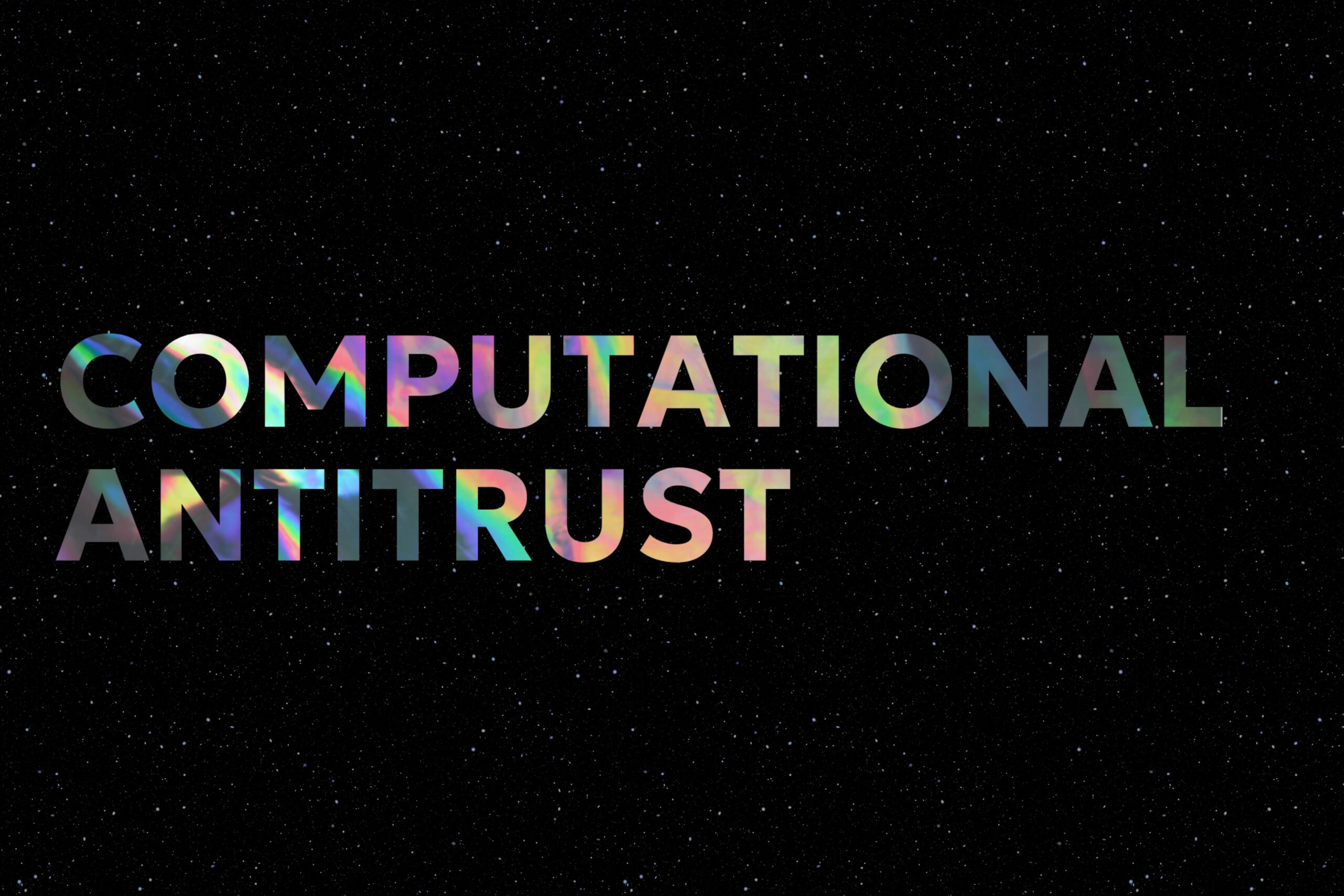I spent last week in Brazil, where I was invited by the International Chamber of Commerce to discuss blockchain and antitrust. The event has been very informative, a great success! I warmly recommend you to go to the 2nd edition of the Brazilian Competition Day next year. I also took advantage of my stay in São Paulo to discuss Antitrust Without Romance with several academics and top officials. I had quite a few questions for them as I wanted to get a grip of the Brazilian antitrust scene.
Here are my thoughts and impressions. They are necessarily candid as I only stayed in the country for a week and have discussed with a finite number of antitrusters. Differently put, this post does not claim to encapsulate Brazilian thinking; it merely relates a few trends that I have observed.
- The very large majority of Brazilians antitrust academics are not “romantics,” i.e. they are very well aware that antitrust may be used for other purposes than creating the condition of competition (or, in fact, any other empirical standard) and they are pushing against that (in that sense, Brazil is very much different than the US and Europe). It seems to me that they care a lot about institutional issues and have given quite a lot of thoughts into them, more than we had in Europe. The statute of CADE (the antitrust agency) should inspire us to some extent (the transparency, the single-term limit for several officials…);
- CADE commissioners are very well aware of antitrust own-limits. Generally speaking, CADE officials seem to be more free-market-oriented than we are in Europe, perhaps because they are tired of the corruption that comes from entrusting public power to small groups instead of spreading it;
- Most of the people I talked to are quite happy about the way CADE has been working over the last ten years or so. They also are (very) worried about the future of the agency because they fear the actual political will to transform the agency into a political body. In other words, they fear that romance might be coming in spite of what antitrusters would like. I was given the recent break-up of Petrobras (a state-owned oil firm) as an example: it has been ordered by the government (and simply performed by CADE) on the sole basis of the company size, without any practice assessment. As this is the case in Europe, dominance in itself seems to have become problematic in Brazil;
- Generally speaking, the vast majority of the people I talked to (if not all) are pessimistic about the future of the country, they don’t believe in the “project.” Some of them are considering leaving;
- Most of the people I talked to are not worried about big-tech power. Big banks seem to be the preferred target. Populism may be expressed against them (empirical work should be conducted in this regard);
- European public outreach instruments are carefully read in Brazil (notably Margrethe Vestager’s speeches) and some worry that European competition law ongoing moralism may impact Brazilian jurisprudence (even before it hits the European one). It shows the importance of such instruments, even outside of Europe.
- Most academics are not full time (mainly for financial reasons) and work in private practice on the side. As a consequence, they told me that they have to be very careful with their academic writing so as not to compromise their clients’ interests.
- Top positions may be occupied by people at a younger age (by far) than in Europe… how great that the country is trusting his youth! Females may also hold such positions, although current discussions about new CADE commissioners are, unfortunately, mentioning only men as potential nominees;
Again, these are my candid impressions of the Brazilian scene. I found the country to be fascinating, and I am deeply grateful for the Samba and fruit delight (!). I hope to be back soon to learn more about it.
Thibault Schrepel
(@LeConcurrential)








